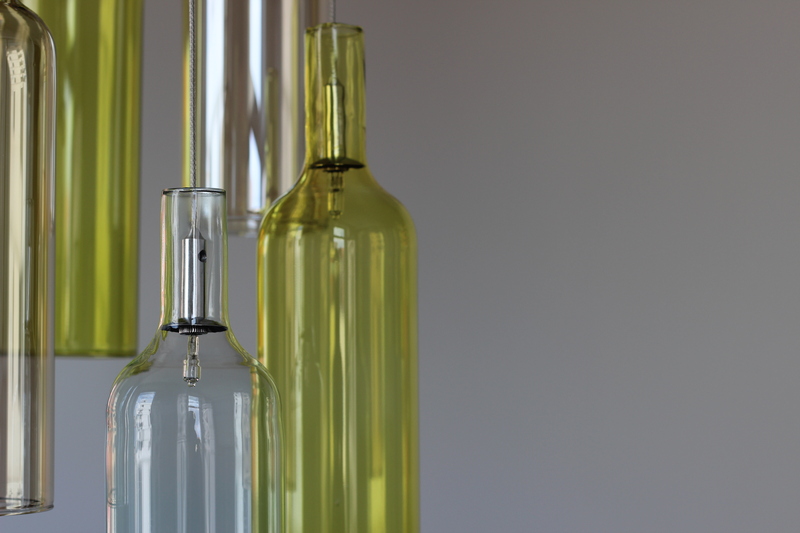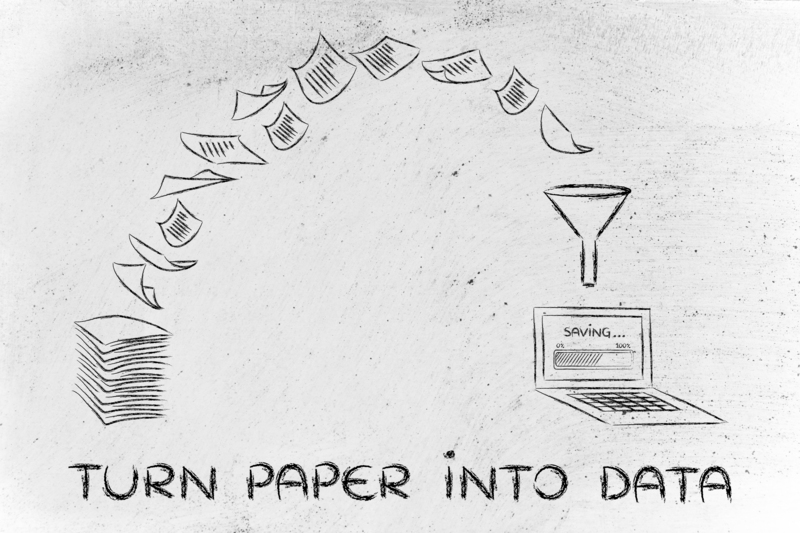Recycling Pots and Pans: A Sustainable Approach
In our quest for a greener planet, finding every opportunity to reduce waste and promote sustainability is essential. One often-overlooked area is the recycling of household cookware, particularly pots and pans. This sustainable approach to recycling pots and pans not only benefits the environment but also brings value to your home and community. Let's delve into the most effective methods and important considerations for responsibly recycling pots and pans.
Why Is Recycling Pots and Pans Important?
Each year, millions of pieces of cookware--often made from metals like aluminum, stainless steel, cast iron, and copper--end up in landfills. These discarded pots and pans take hundreds of years to decompose, releasing harmful substances into the soil and contributing to the burgeoning waste crisis. Understanding why recycling old cookware is beneficial fosters a sense of ecological responsibility.
- Environmental Conservation: By recycling pots and pans, we reduce the demand for raw material extraction, which saves energy and decreases greenhouse gas emissions.
- Waste Reduction: Diverting metal cookware from landfill helps address waste management challenges and lowers the burden on local waste facilities.
- Resource Recovery: Most cookware is highly recyclable. Metals can be melted and reused, conserving valuable natural resources and supporting a circular economy.
- Community Impact: Many charitable organizations welcome cookware donations, which aid families in need while keeping usable items out of the trash.
Did You Know?
The average nonstick pan or stainless-steel pot can take 500 years to fully decompose in a landfill! Recycling used cookware is an impactful act that tangibly benefits our planet.

Common Materials in Pots and Pans
Before beginning your recycling initiative, it's crucial to identify what your cookware is made of. Common types include:
- Aluminum: Lightweight, resistant to rust, and 100% recyclable.
- Stainless Steel: Strong and rust-resistant, ideal for recycling.
- Cast Iron: Heavier and durable, prized by recyclers for its high iron content.
- Copper: Highly valued in scrap yards; easily recycled.
- Non-stick Coated: May require special handling due to Teflon or ceramic coatings.
- Enamel-Coated: Usually steel or cast iron core, covered with enamel (porcelain glass).
Tip: Many pots and pans have a symbol or a stamp indicating their base material. If unsure, consult the manufacturer's website or label.
How To Prepare Pots and Pans for Recycling
1. Clean Thoroughly
Scrub off any food, grease, or old stickers. Most recycling centers prefer items to be clean for the processing stage.
2. Separate Materials (If Applicable)
If your pan has plastic handles, glass lids, or other non-metal parts, detach them if possible. Many centers only accept pure metals. Use a screwdriver or pliers for detachable parts.
3. Remove Non-Stick Coating?
Some recyclers accept non-stick pans; others do not. Check your local guidelines. For pans that are otherwise unusable, consider breaking them down as much as possible to salvage the metal.
Where to Recycle Old Pots and Pans
Not all recycling facilities accept cookware in household curbside bins. Here are recommended disposal methods:
- Scrap Metal Yards: Nearly all metal pots and pans are accepted--simply drop them off, and they'll be sorted, melted, and turned into new products.
- Special Recycling Events: Many communities offer periodic metal recycling days where bulky or unusual items can be left for proper handling.
- Retail Take-Back Programs: Some kitchenware retailers like Williams-Sonoma, Bed Bath & Beyond, and others occasionally run recycling programs for old cookware.
- Donations: If the pots and pans are still in usable condition, donation is a wonderful option. Try local thrift stores, shelters, or Freecycle websites.
- Municipal Waste Facilities: Larger waste centers may have a metal collection area. Always verify their guidelines before delivery.
Bonus Tip:
*Consider calling your local waste authority or searching their website for "how to recycle cookware" in your area.*
Creative Ways To Repurpose Old Pots and Pans
If recycling isn't accessible, or you love a creative project, upcycling old cookware can give your pots and pans a new life. Here are some ideas:
- Planters: With a few drainage holes, pots and pans make unique outdoor or indoor planters.
- Bird Baths or Feeders: Use shallow pans as the base for bird feeders or small garden water baths.
- Garden Decor: Paint pans and hang them for colorful backyard accents or wind chimes.
- Storage Containers: Organize craft supplies, tools, or office items in old cookware.
- Wall Art: Hang interesting or vintage pans as kitchen decor for a quirky, rustic vibe.
Sustainable repurposing is not only environmentally friendly but also adds charm and creativity to your living space!
Environmental Benefits of Recycling Cookware
1. Reduced Landfill Waste
Cooking pots and pans make up a significant portion of household waste over time. Recycling cookware significantly reduces the stress on our already crowded landfill sites.
2. Conservation of Energy and Raw Materials
Processing recycled metals takes as little as 5% of the energy required to produce new metals from raw materials. For instance, recycling aluminum saves up to 95% of energy compared to mining and refining new aluminum.
3. Lower Greenhouse Gas Emissions
Using recycled cookware materials reduces greenhouse gas emissions and lessens your carbon footprint. Each pot or pan you recycle helps combat global warming.
4. Promoting the Circular Economy
Every recycled item closes the loop from production to reuse, feeding valuable materials back into the manufacturing stream. This is at the core of the circular economy model.
Challenges With Recycling Pots and Pans
While the benefits are significant, some obstacles exist:
- Certain Non-Stick Coatings: Pans with Teflon or ceramic coatings may not be accepted everywhere due to difficult material separation and chemical concerns.
- Mixed-material Pans: Cookware with wood, rubber, or plastic components can be harder to recycle unless these parts are removed in advance.
- Lack of Local Facilities: In some areas, metal recycling centers or take-back programs may not be readily available.
Researching your options and preparing items properly helps overcome these hurdles!
Frequently Asked Questions About Cookware Recycling
Can I put pots and pans in my curbside recycling bin?
No. Most curbside recycling programs do not accept cookware due to its size and composite materials. Instead, find a local scrap metal dealer or special recycling drop-off location.
What about non-stick pans?
Some recyclers accept non-stick pans, but many avoid Teflon due to chemical contamination issues. Check local policies. If not recyclable, look for upcycling or donation options instead.
Are handles and lids recyclable?
Metal handles and lids usually are, but plastic, wood, or glass components might not be accepted depending on the center's policies. Separate as much as possible before recycling.

Summary: Making Recycling Pots and Pans a Household Habit
Integrating eco-friendly methods for recycling pots and pans into your yearly decluttering efforts makes a genuine difference for the planet. Whether you drop them at a scrap yard, repurpose them creatively, or choose charitable donation, every responsible action helps conserve resources and reduce landfill waste.
- Check materials: Know what your pot or pan is made of before disposal.
- Clean and prep: Remove food, grease, and any non-metal parts for easier recycling.
- Recycle smart: Use local scrap metal facilities, retailer take-back events, or community programs.
- Get creative: If recycling isn't possible, try upcycling as planters or storage.
By cultivating habits that prioritize sustainable cookware recycling, you'll inspire others and move toward a cleaner, more responsible future. Remember, every recycled pan is one less item in a landfill--and one more win for the environment!
Resources and Further Reading
Make the sustainable choice today--start recycling your pots and pans, and lead your community by example!